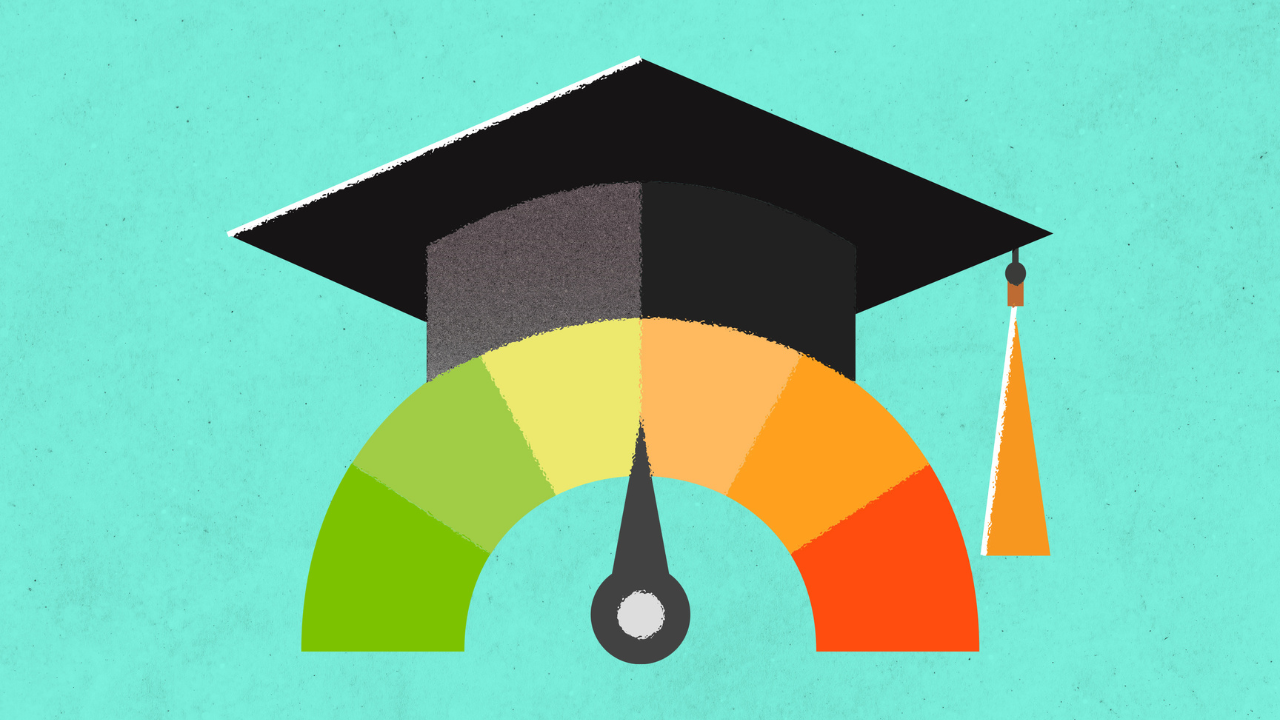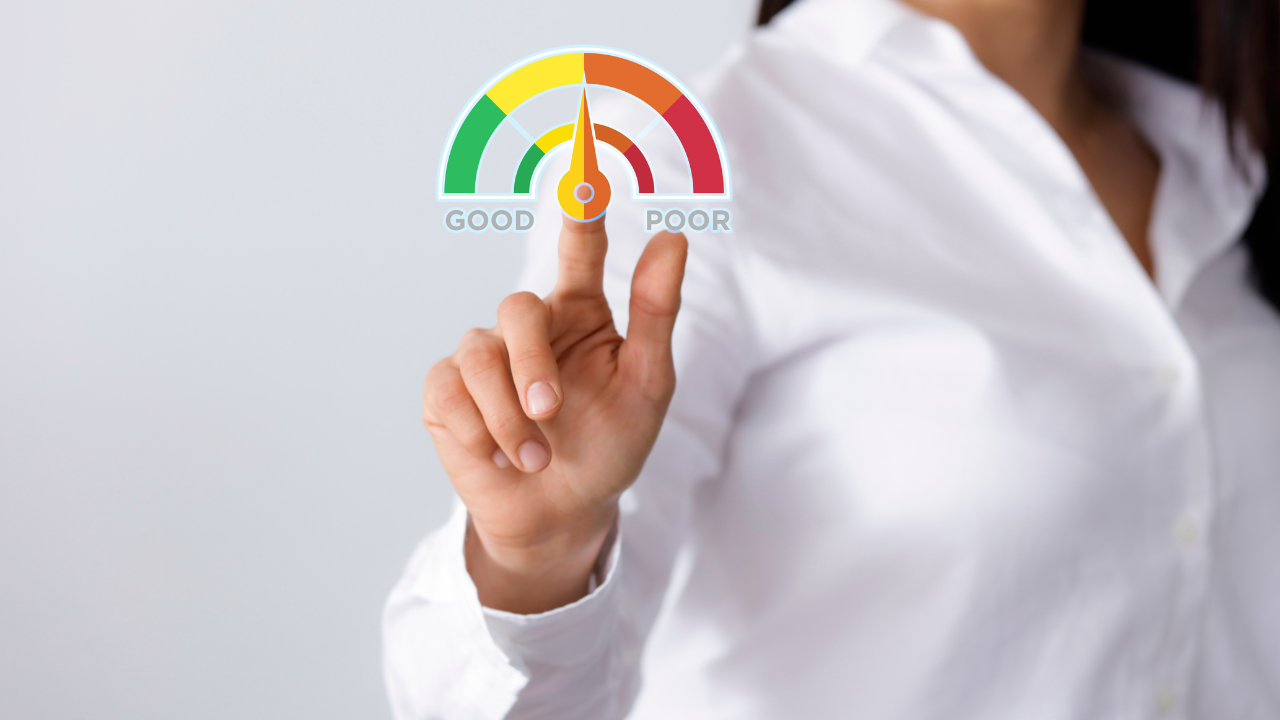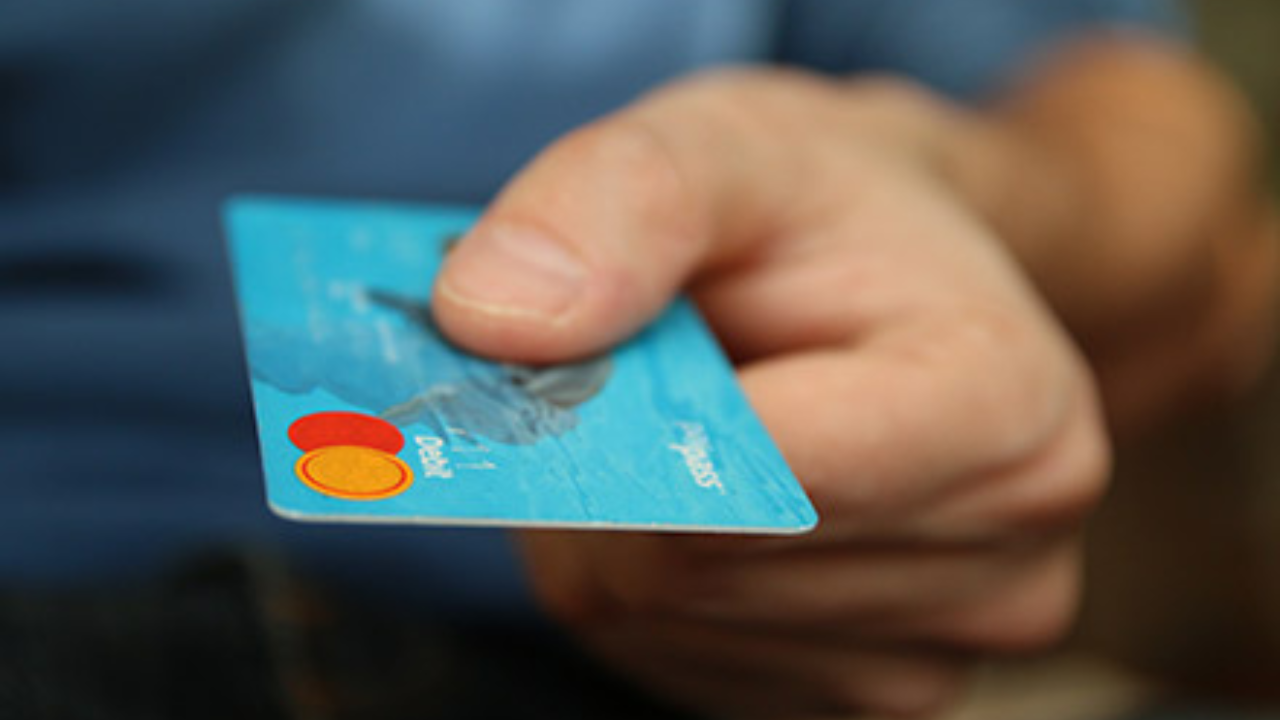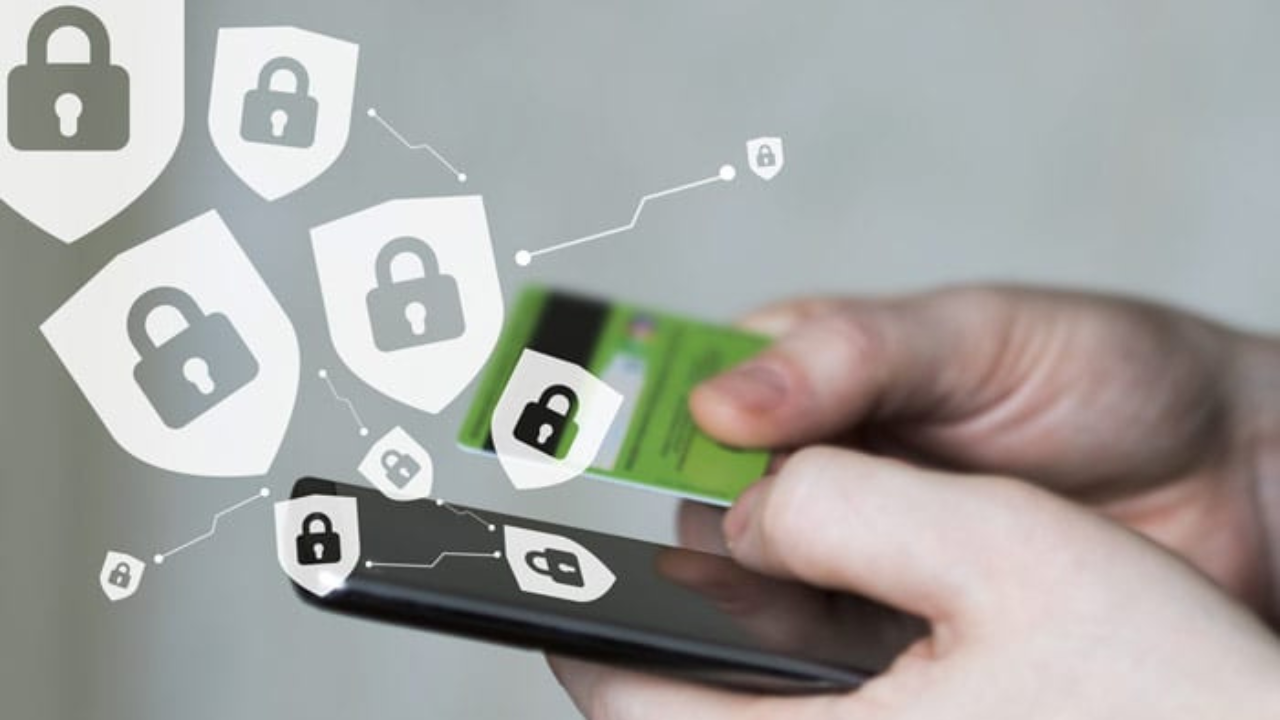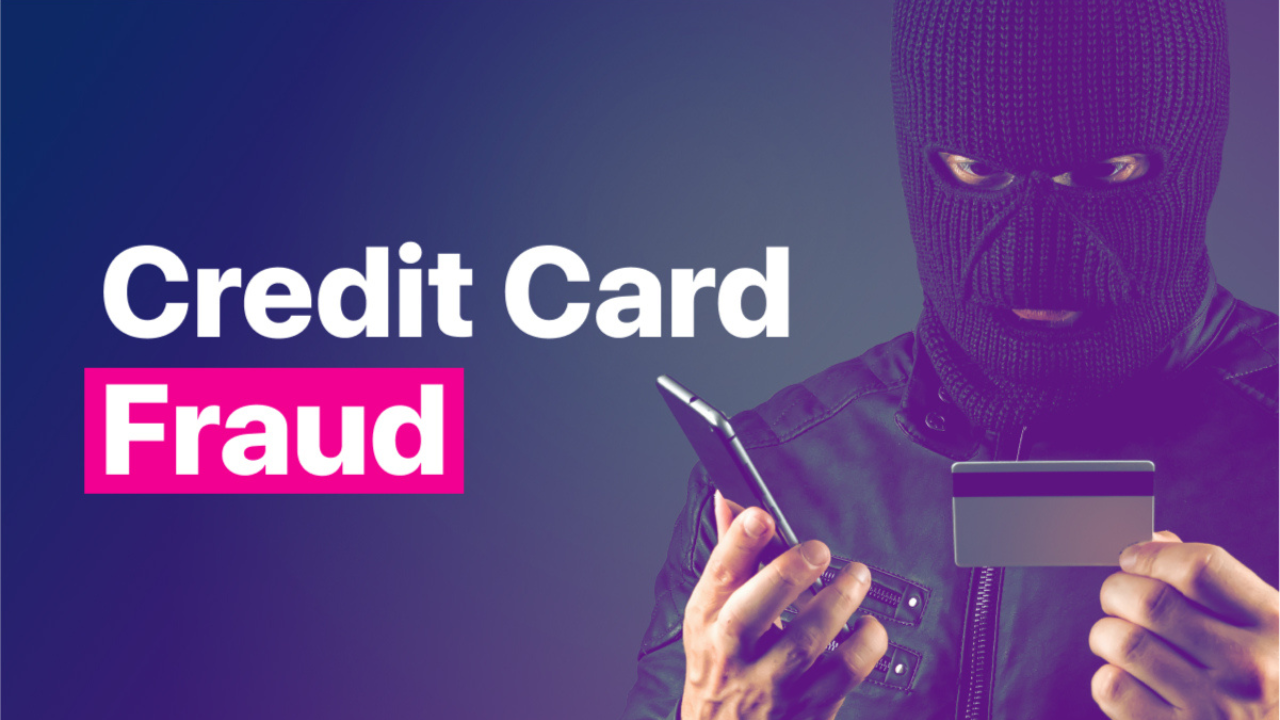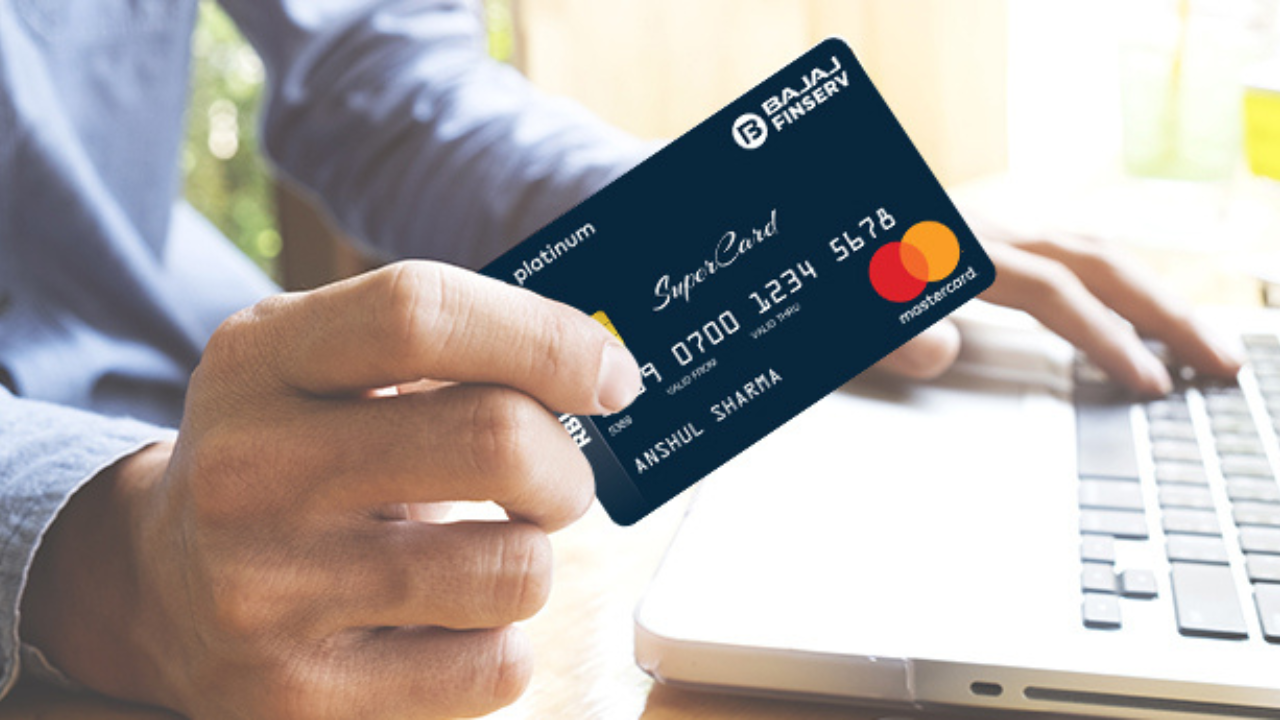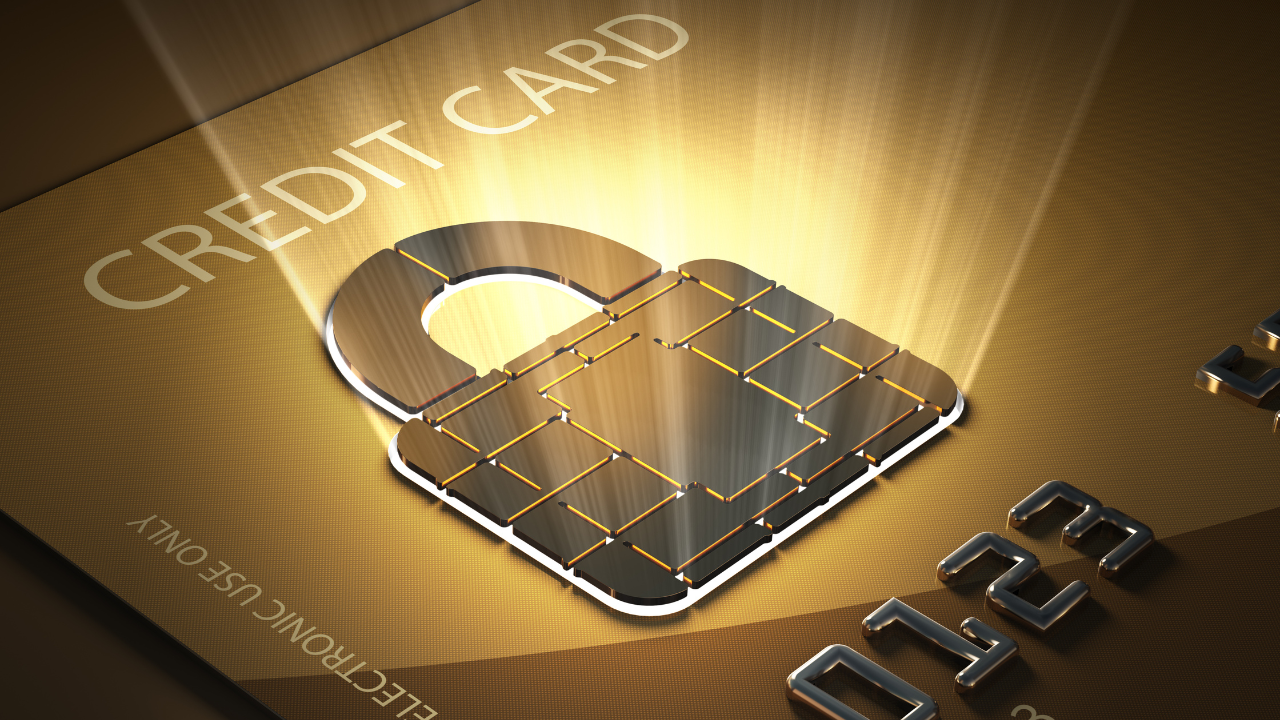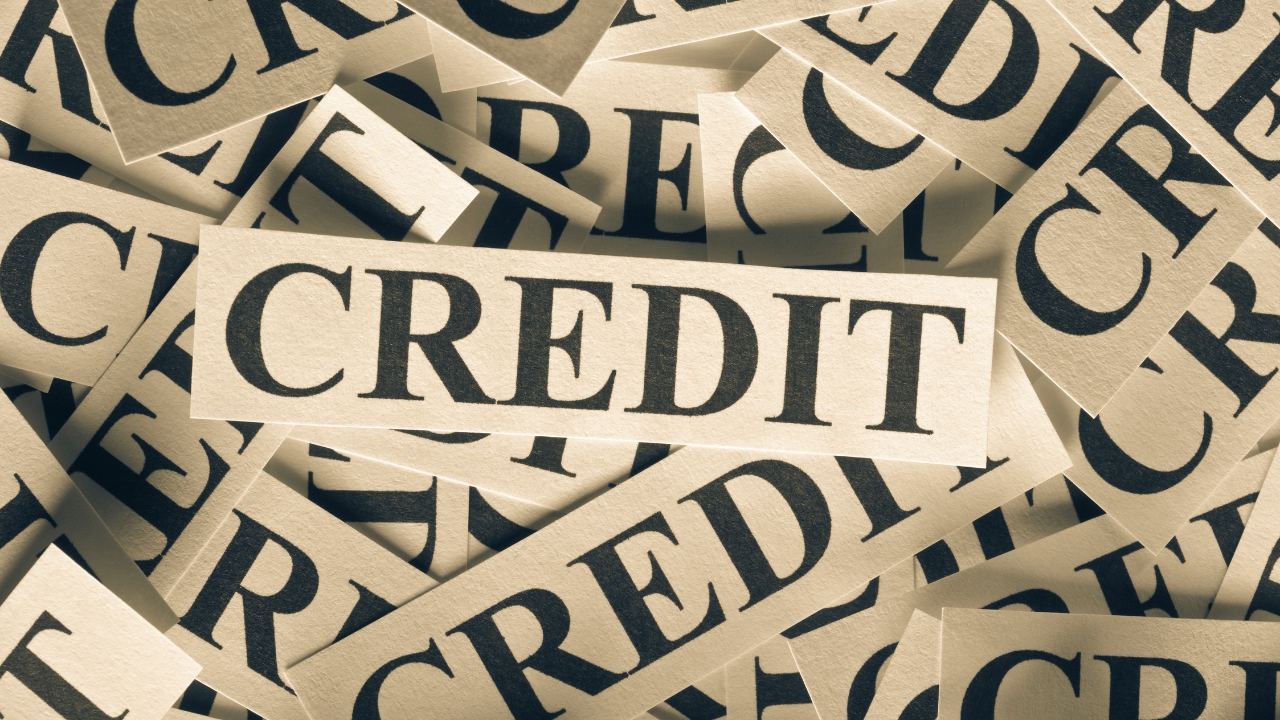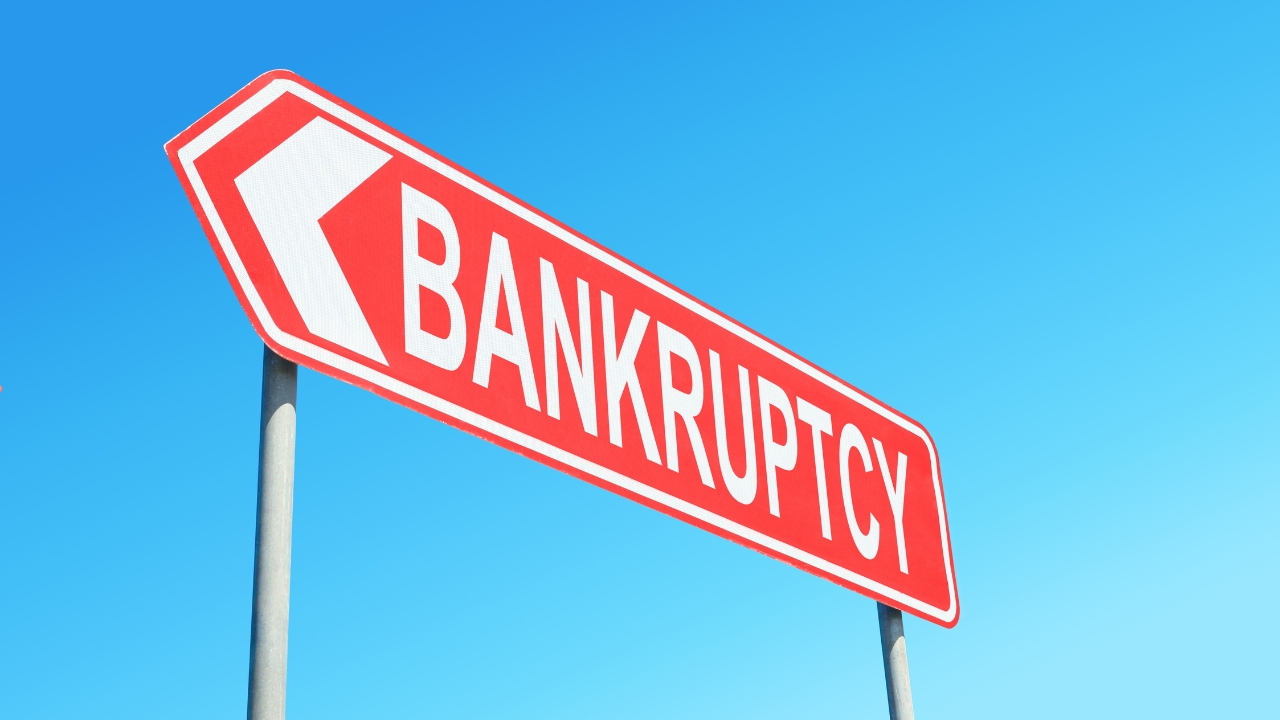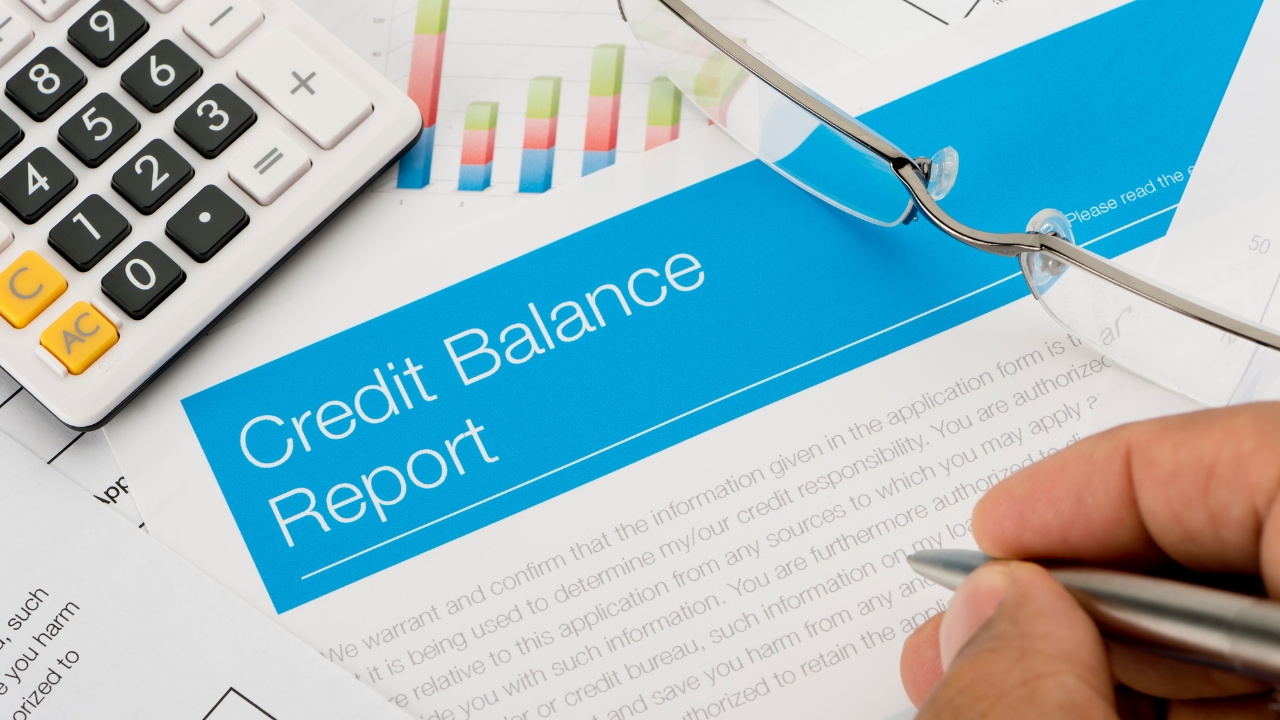Pros and Cons of debt consolidation loans
debt consolidation loans are often considered a viable solution for managing multiple debts. In this exploration, we weigh the advantages and drawbacks of opting for a debt consolidation loan to help you make an informed decision about your financial future.
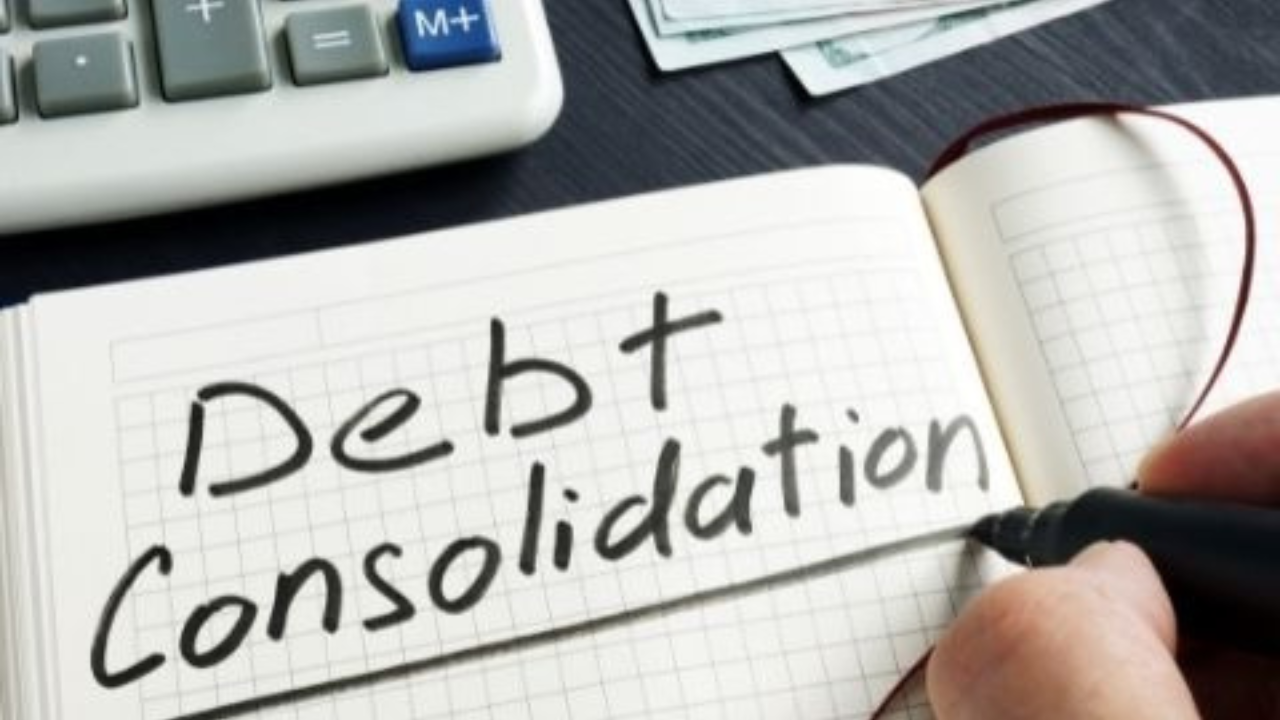
Streamlined Repayment :
Pros begin with the convenience of streamlined repayment. Consolidating debts into a single loan simplifies monthly payments, making it easier to track and manage your financial obligations.
Potential for Lower Interest Rates :
Explore the potential benefit of securing a lower interest rate through. A reduced interest rate can lead to substantial savings over the life of the loan, helping you pay off your debts more efficiently.
Single Monthly Payment :
Delve into the peace of mind that comes with a single monthly payment. Consolidation consolidates multiple payments into one, reducing the chances of missed payments and simplifying your financial routine.

Improved Credit Score :
Examine the positive impact on your credit score. Successful can lead to a more favorable credit profile, as it demonstrates responsible financial management and a commitment to repaying debts.
Risk of Accumulating New Debt :
Highlight the risk of accumulating new debt post-consolidation. Some individuals, relieved by simplified payments, may be tempted to take on additional credit, potentially exacerbating their financial challenges.
Fees and Costs Associated :
Discuss the potential fees and costs associated with debt consolidation loans. While the long-term benefits may outweigh these initial costs, it’s essential to factor them into your decision-making process.
Collateral Requirements :
Examine the collateral requirements that some debt consolidation loans may entail. Secured loans may require assets as collateral, posing a risk to those who may struggle with repayment.
Impact on Loan Term :
Conclude with an exploration of how can impact the overall loan term. While monthly payments may be more manageable, extending the loan term could result in paying more interest over time.
Conclusion :
Navigate the landscape of debt management with our guide on the pros and cons of loans. From streamlined repayment to potential risks, this blog provides insights to help you make informed decisions about your financial future. Dive into the world of debt consolidation and optimize your path to financial stability.



